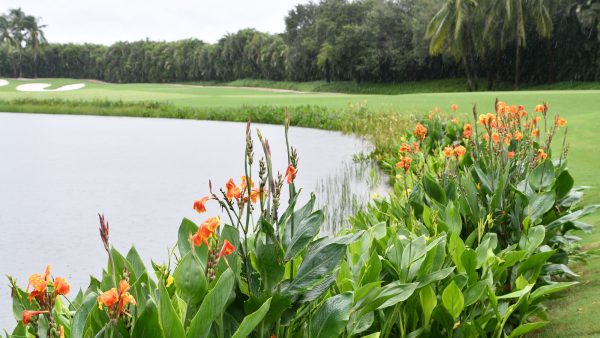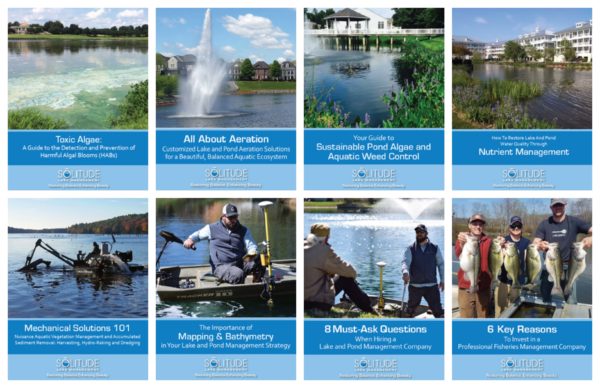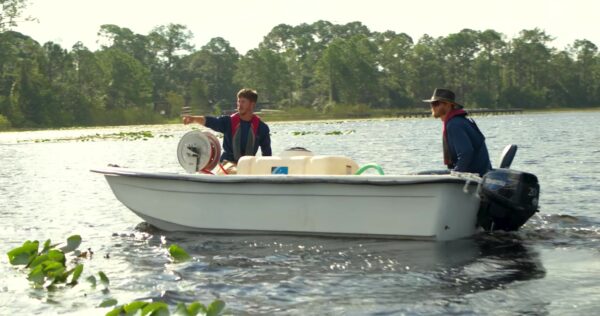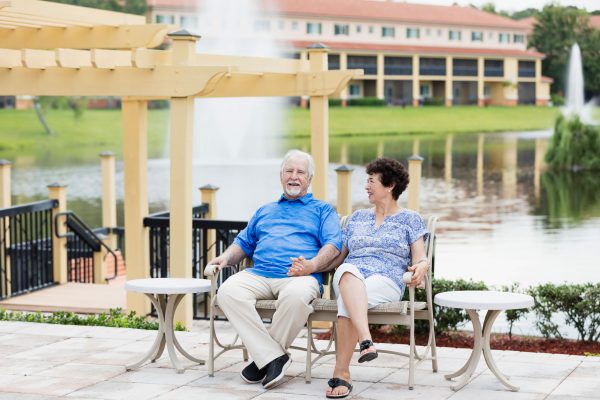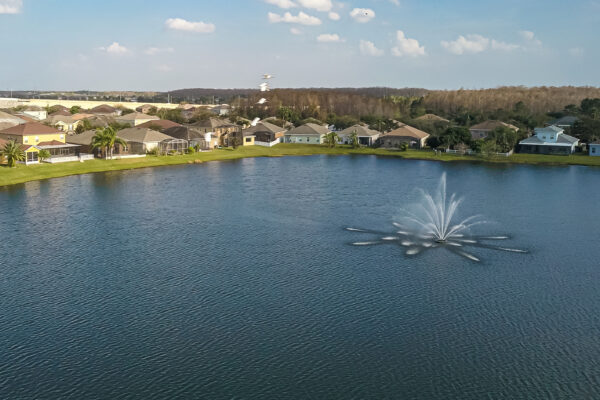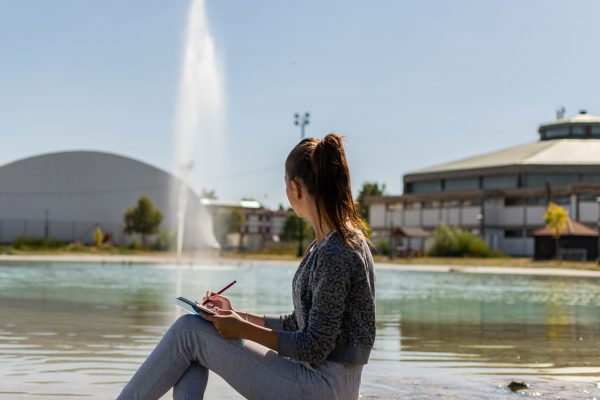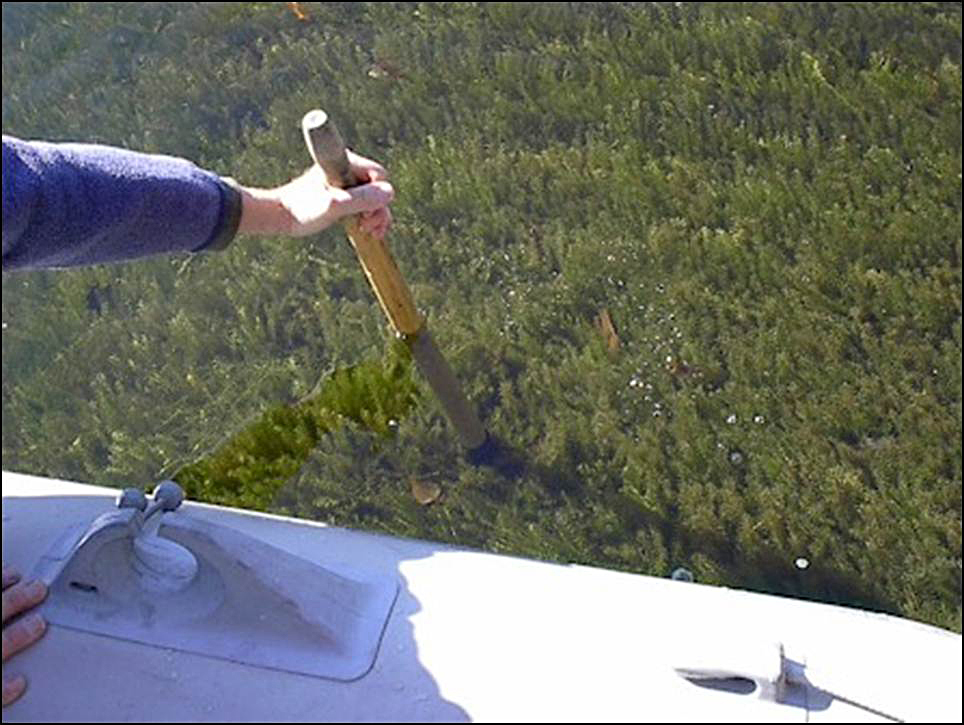
Understanding Invasive Hydrilla
Of the number of weeds that are found in your pond there are many that can cause more issues that others. One of these plants is Hydrilla. Released in the United States in Florida waterways in the 1960’s, hydrilla has now established in many states. Controlling invasive sepcies is costing millions of dollars each year. This aquatic weed spreads very quickly, clogging waterways, wrapping around boat propellers, and even getting tangled around the legs of unsuspecting swimmers, resulting in drowning. It is a submersed plant that can grow to the surface and form dense mats. It may be found in all types of waterbodies from stagnant ponds to flowing mountain streams.
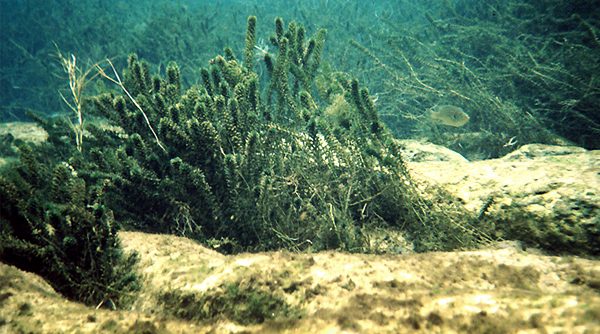
Hydrilla stems are slender, branched and up to 25 feet long. Hydrilla’s small leaves are strap-like and pointed. They grow in whorls of four to eight around the stem. The leaf margins are distinctly saw-toothed. Hydrilla often has one or more sharp teeth along the length of the leaf mid-rib. Hydrilla produces tiny white flowers on long stalks. It also produces 1/4 inch turions at the leaf axils and potato-like tubers attached to the roots in the mud. The tubers can lay dormant for several years making control of these plants difficult.
Hydrilla can be controlled in a number of ways. The most popular way of controlling this plant is through the use of aquatic herbicides, but these only result in temporary control. Lake drawdowns (lowering the water level) are another method of control which exposes the plants causing them to die and decompose. Grass carp will consume hydrilla making the addition of grass carp to your pond also an effective control method that is more natural than the use of herbicides.
Due to the nature of this plant, invasive species control measures need to be taken at first sight. This plant can grow up to an inch a day and the more that it spreads, the harder it can be to control. Contact you aquatic specialists for the best method to control and eliminate hydrilla and any other nuisance aquatic weeds.

